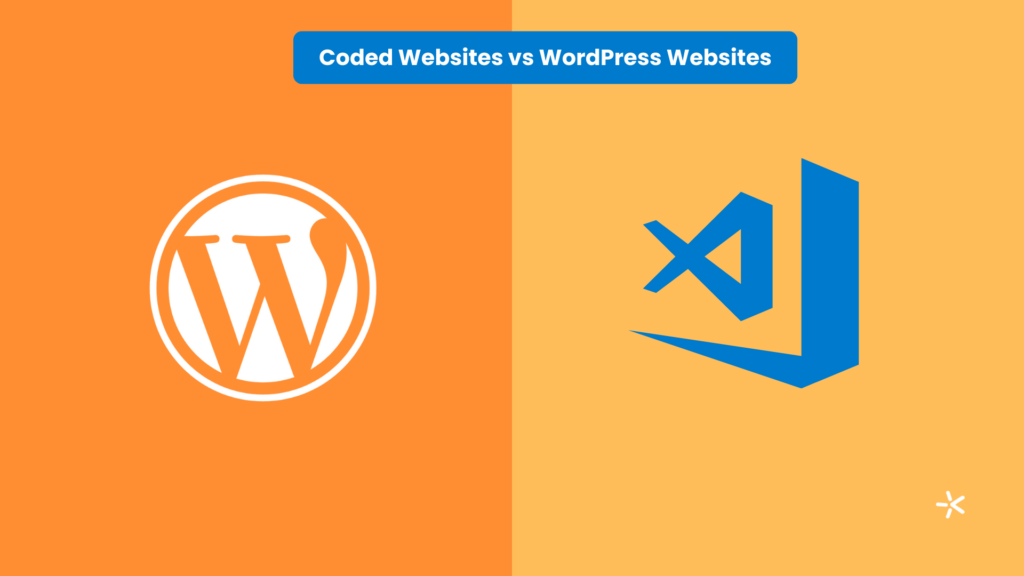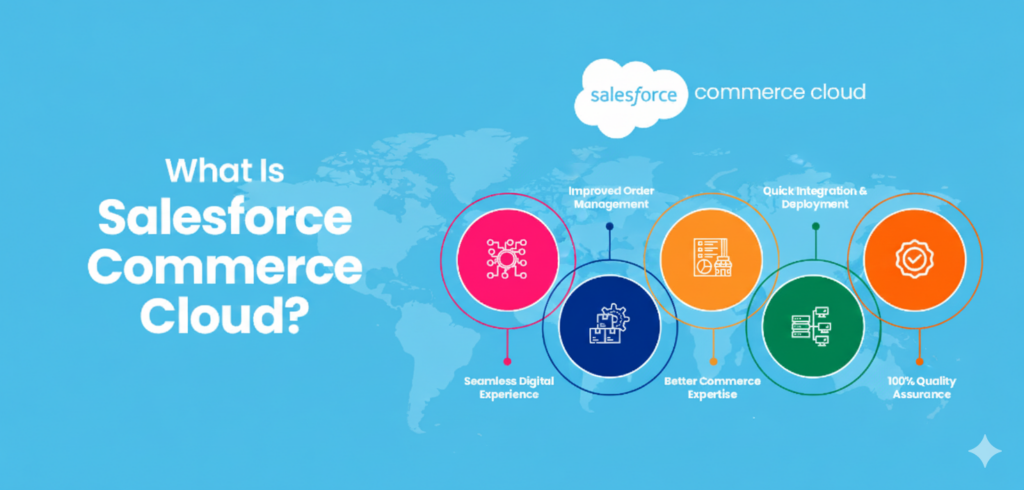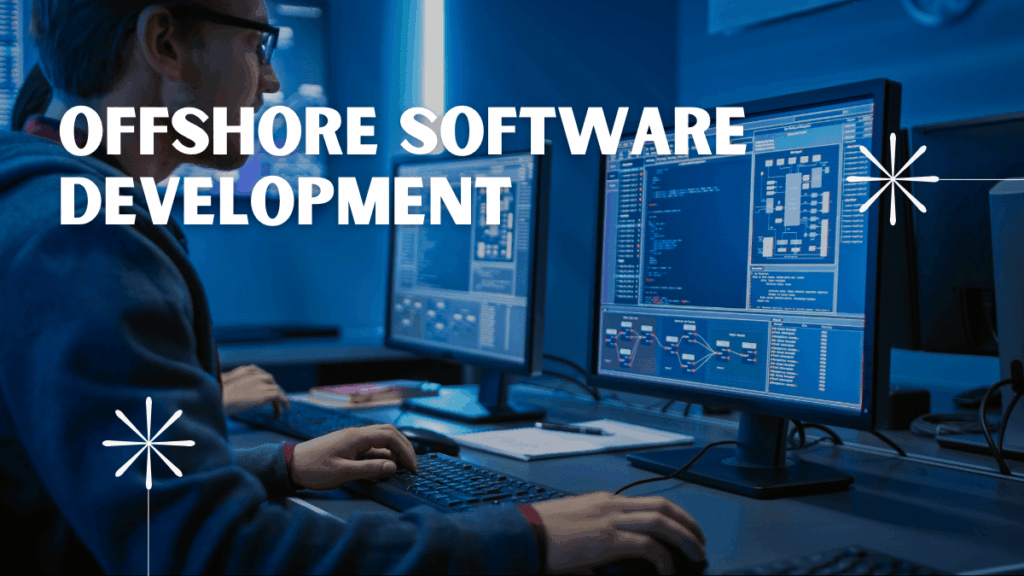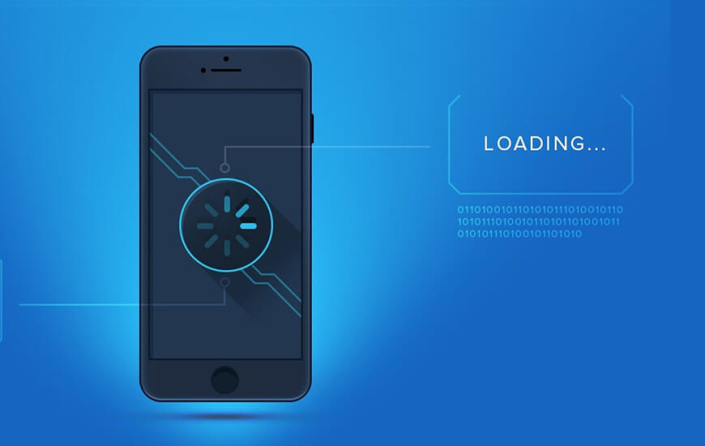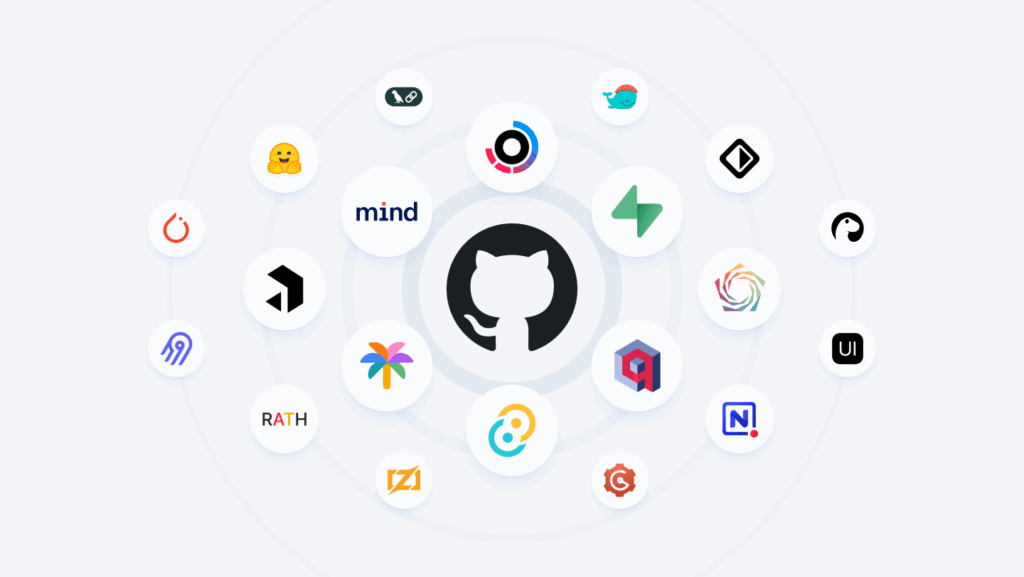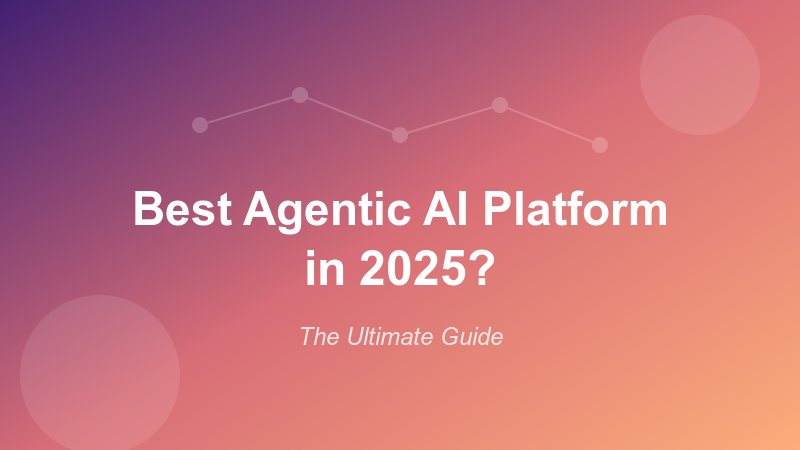The Internet of Things (IoT) is no longer a futuristic concept—it’s happening now. From smart homes and wearable devices to connected cars and industrial automation, IoT is transforming how people live, work, and do business. According to market research, the global IoT market is expected to cross $1.5 trillion by 2030, proving that this technology is not a passing trend but the backbone of the digital future.
In this blog, we will explore the future of Internet of Things (IoT), its real-time value, and why individuals and businesses should embrace IoT to stay ahead in this technology-driven era.
What is the Internet of Things (IoT)?
The Internet of Things (IoT) refers to a network of interconnected devices that communicate with each other via the internet. These devices collect, share, and analyze data to deliver smarter experiences and automation.
For example:
A smartwatch tracks your heartbeat and syncs it with your healthcare app.
Smart agriculture sensors monitor soil moisture and send real-time updates to farmers.
Connected cars provide predictive maintenance alerts before a breakdown occurs.
This seamless exchange of data improves efficiency, reduces costs, and delivers more personalized experiences.
The Real-Time Value of IoT in Everyday Life
IoT provides real-time value by ensuring faster decision-making and automation. Let’s look at a few real-world examples:
1. Smart Homes
Imagine your air conditioner adjusting temperature automatically based on weather updates. Smart devices like Alexa or Google Home connect appliances, lighting, and security systems, saving energy and enhancing convenience.
2. Healthcare Monitoring
Wearables and IoT-enabled medical devices monitor vital signs like oxygen level, heart rate, and blood pressure. Patients get real-time updates, while doctors can make faster, data-driven decisions remotely.
3. Smart Cities
IoT-based traffic management reduces congestion, while smart energy grids cut power wastage. Cities across the globe are already adopting IoT to improve transportation, water supply, and public safety.
4. Supply Chain & Logistics
IoT-enabled sensors track shipments in real time. Businesses can optimize routes, reduce delays, and ensure better customer satisfaction.
5. Industrial IoT (IIoT)
Manufacturing plants are embedding IoT sensors into machines for predictive maintenance. This reduces downtime, prevents costly repairs, and increases productivity.
Why Businesses Should Invest in the Internet of Things (IoT)
IoT is not just about convenience—it’s about business transformation. Companies investing in IoT are seeing measurable results. Here’s why you should consider it:
1. Improved Efficiency
IoT automates routine tasks, reduces human error, and increases operational efficiency. For instance, smart factories reduce manual checks and optimize production.
2. Cost Savings
Predictive maintenance powered by IoT sensors prevents costly breakdowns. Smart energy solutions cut electricity bills by monitoring consumption patterns.
3. Better Customer Experiences
IoT allows personalization. Retail businesses use IoT beacons to offer personalized discounts to customers in real-time. Healthcare companies use IoT devices to offer 24/7 patient care.
4. Competitive Advantage
Businesses adopting IoT can scale faster, offer innovative services, and stay ahead of competitors. In a fast-moving market, IoT adoption becomes a differentiator.
5. Data-Driven Insights
IoT collects massive amounts of data. With AI and analytics, businesses can predict customer needs, optimize processes, and make smarter decisions.
The Future of Internet of Things (IoT): Key Trends
1. 5G and IoT Integration
The rollout of 5G networks will drastically improve IoT performance. Ultra-fast speeds and low latency mean devices can communicate seamlessly, enabling real-time remote surgeries, autonomous cars, and smart manufacturing.
2. AI + IoT (AIoT)
Artificial Intelligence combined with IoT—known as AIoT—will transform decision-making. For example, autonomous drones can inspect crops, detect diseases, and suggest corrective measures.
3. Edge Computing
Instead of sending all data to the cloud, edge computing allows IoT devices to process information locally. This reduces delays, improves security, and makes IoT applications faster.
4. IoT in Sustainability
IoT will play a key role in reducing carbon footprints. Smart grids, water management systems, and energy-efficient devices will help businesses and individuals embrace sustainability.
5. Cybersecurity in IoT
As billions of devices connect, security will become a top priority. Future IoT systems will focus on stronger encryption, device authentication, and blockchain for secure data sharing.
Why People Should Involve Themselves with IoT
IoT isn’t just for businesses—it’s for everyone. Here’s why individuals should embrace IoT:
Convenience: Smart assistants automate daily tasks.
Safety: IoT-enabled security systems protect homes and workplaces.
Health: Wearables provide real-time health tracking.
Savings: Smart appliances optimize energy usage.
Opportunities: With IoT skills, individuals can build careers in data science, AI, and IoT development.
Challenges of IoT (And How to Overcome Them)
Despite its potential, IoT faces challenges:
Security Risks: With so many connected devices, data breaches are possible. Solution: Stronger encryption and secure device authentication.
High Implementation Costs: IoT adoption can be expensive initially. Solution: Government incentives and scalable IoT solutions.
Data Overload: Businesses may struggle with massive data volumes. Solution: Use AI and big data analytics for efficient processing.
By addressing these issues, IoT can unlock its true potential.
The Business Case for IoT in 2025 and Beyond
Businesses that invest in the Internet of Things (IoT) today will be tomorrow’s leaders. By 2030, IoT will connect more than 25 billion devices globally. The businesses that adapt early will enjoy:
Higher efficiency
Stronger customer trust
Competitive dominance
Long-term sustainability
Conclusion
The future of Internet of Things (IoT) is brighter than ever. It is no longer optional but essential for individuals and businesses looking to thrive in the digital economy. From smart homes and healthcare to industrial automation and smart cities, IoT is reshaping the world around us.
By embracing IoT today, you gain convenience, safety, cost savings, and business growth opportunities. As technology continues to advance—with AI, 5G, and edge computing—the Internet of Things (IoT) will only become more powerful and indispensable.
Now is the time to get involved. Whether you’re an individual upgrading to a smart home or a business exploring IoT solutions, the future is waiting—and it’s connected.
.
Frequently Asked Questions (FAQ) About the Future of Internet of Things (IoT)
1. What is the Internet of Things (IoT) in simple terms?
The Internet of Things (IoT) is a network of physical devices—like smartwatches, cars, and sensors—that connect to the internet and share data to make daily tasks smarter and more efficient.
2. How does IoT add real-time value?
IoT provides real-time value by enabling instant data sharing and analysis. For example, healthcare devices can alert doctors about a patient’s condition immediately, or logistics companies can track shipments in real time.
3. Why should businesses invest in IoT?
Businesses should invest in IoT because it improves efficiency, reduces costs, enhances customer experiences, and provides valuable data-driven insights. It also helps companies gain a competitive advantage in the market.
